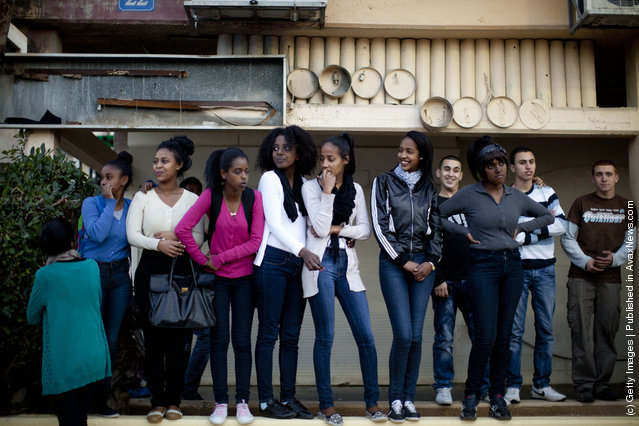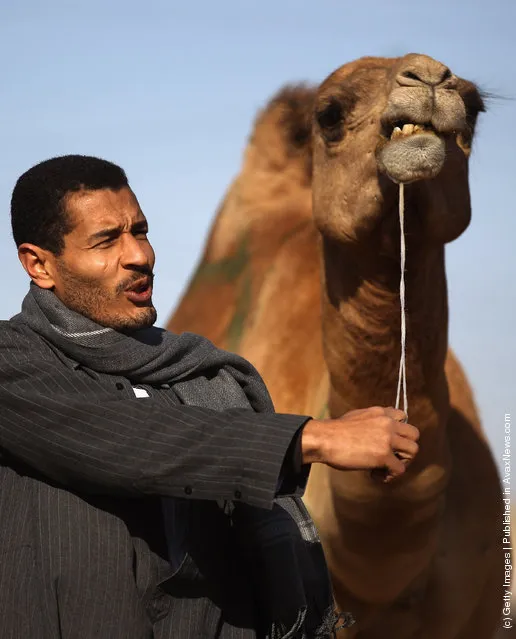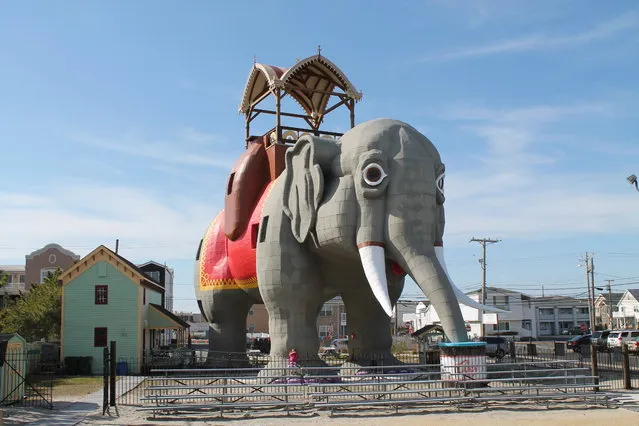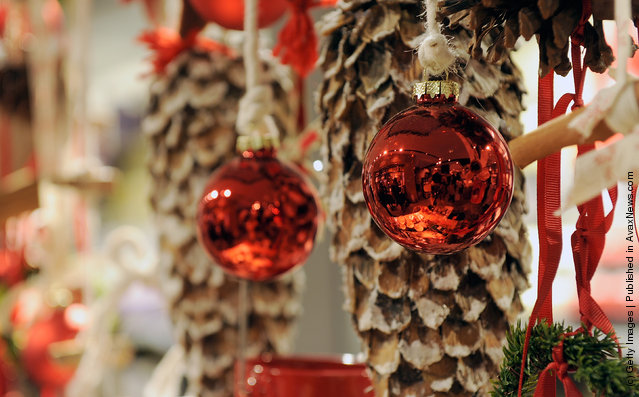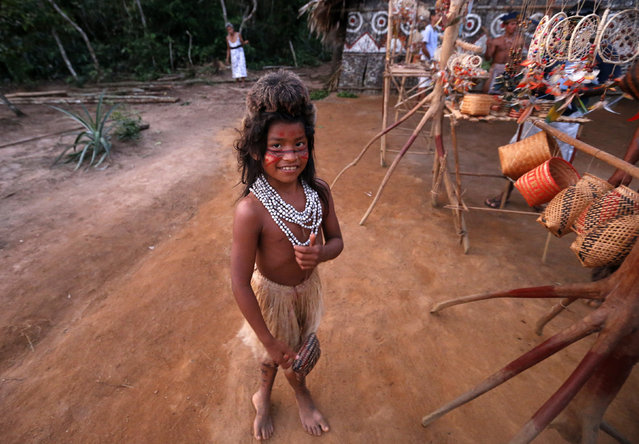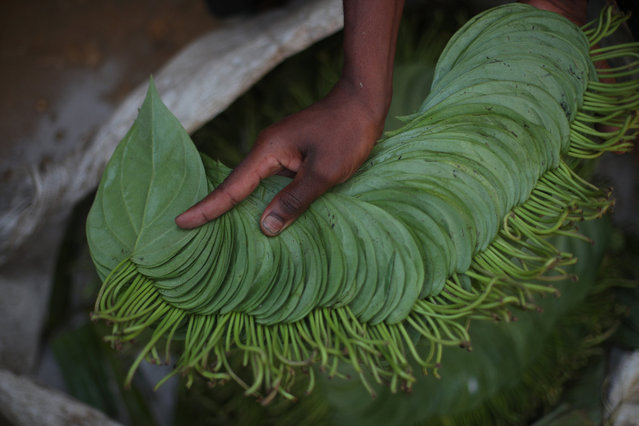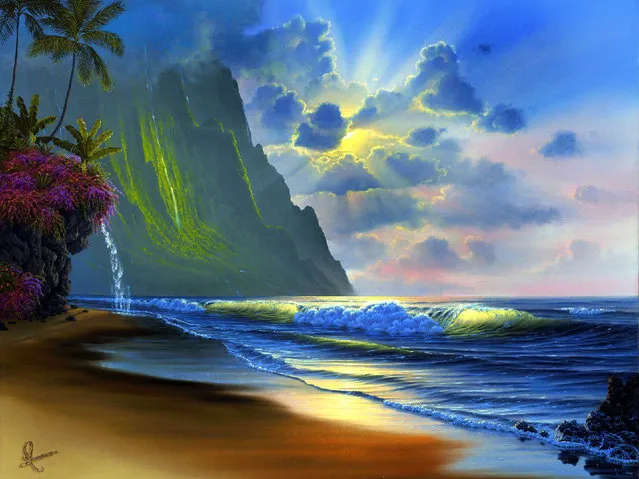
Meeting of Hawaii artist, John Al Hogue. Known as the "Modern Master of Light", he is one of the best selling nature artists in Hawaii, Florida, and Japan. Al uses light and detailed brush strokes to allow you, the viewer, to experience the feeling of stepping into his paintings. His artwork features seascapes, cityscapes, moonscapes, sunsets, wildlife and seal life subjects.
07 Jun 2014 11:04:00,post received
0 comments

